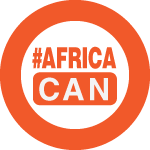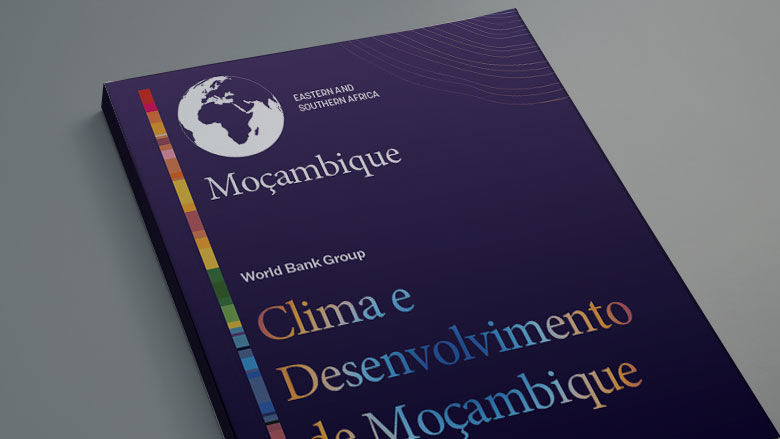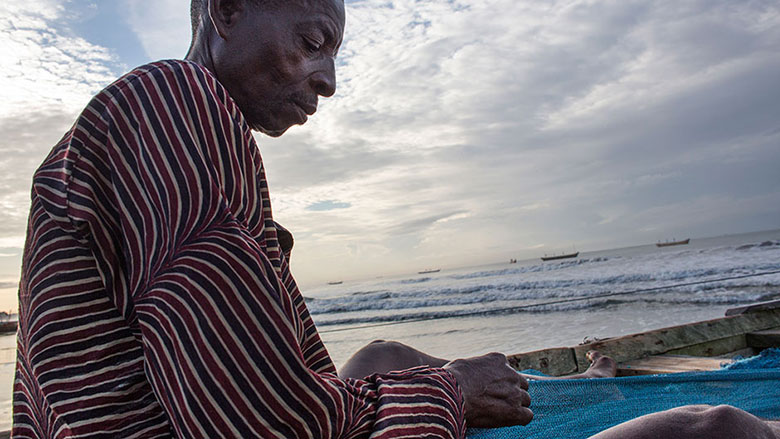Located in Southern Africa, Mozambique borders six countries and has a 2,700 km-long coastline on the Indian Ocean, facing Madagascar, which strategically positions it to serve landlocked neighbors. It is endowed with vast natural assets, including offshore gas reserves, mineral deposits, arable land, hydropower potential, and rich biodiversity. Yet, despite these advantages, many of its 33 million people, two thirds of whom live in rural areas, lack access to basic services and meaningful economic opportunities.
Growth remains constrained by a mix of immediate economic pressures and longstanding structural challenges. These include mounting macro-fiscal imbalances such as liquidity shortages and foreign exchange deficiencies, weak governance, inadequate infrastructure, low levels of human capital and skills, a constrained business environment, vulnerability to external shocks, persistent conflict—particularly in Cabo Delgado—and pronounced spatial disparities.
With a new government in place following the contested October 2024 elections, President Daniel Chapo has prioritized transparency, institutional efficiency, economic reform, and inclusive development. The country’s ambition to establish its economic independence, as it celebrates fifty years of political sovereignty, offers a window of opportunity to overcome longstanding structural constraints and chart a new development trajectory.
ECONOMY
Real GDP contracted by 2.4% year-on-year in the first half of 2025, mainly due to declines in industry and services. The economy remains fragile, impacted by post-election unrest, fiscal pressures, foreign exchange shortages, and low investor confidence. The Coral South gas project, having reached full capacity in 2024, now contributes minimally to growth.
Inflation fell to 4% in the first seven months of 2025, aided by improved cross-border trade with South Africa that lowered food prices. In response, the central bank eased monetary policy, cutting the reference rate to 10.25% and reducing the reserve requirement on local currency deposits from 39% to 29%. However, private sector credit growth remains weak at 4% year-on-year.
GDP growth is projected at 1.8% in 2025, gradually increasing to 3.5% by 2027, driven by recovery in agriculture and services. The fiscal deficit is expected to widen to 6.2% of GDP in 2025 due to lower revenues, rising wage costs, and domestic debt service. Medium-term fiscal consolidation hinges on containing the wage bill.
Risks to the outlook include climate shocks, LNG project delays, security issues in the North, and mounting fiscal and foreign exchange pressures.
The national poverty rate surged from 48.4% to 62.9% between 2014/15 and 2022, with 7 million more Mozambicans falling into poverty, totaling 20.4 million. This rise is attributed to the hidden debt crisis, COVID-19, and natural disasters. Poverty is concentrated in Nampula and Zambezia, home to 46% of the poor. Persistently low productivity in the agricultural sector, which sustains most poor households, continues to hinder poverty reduction.
Last Updated: Oct 13, 2025








